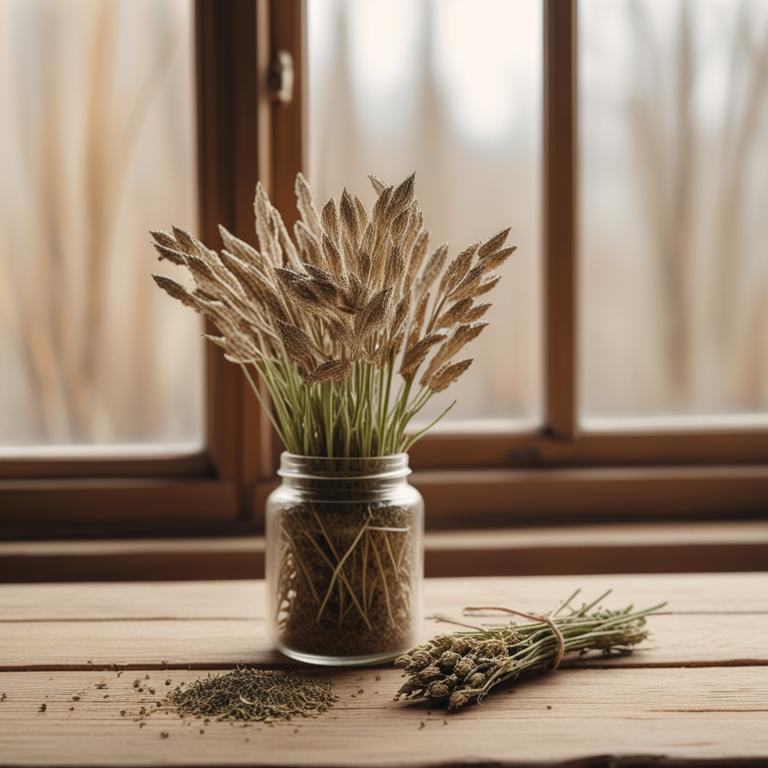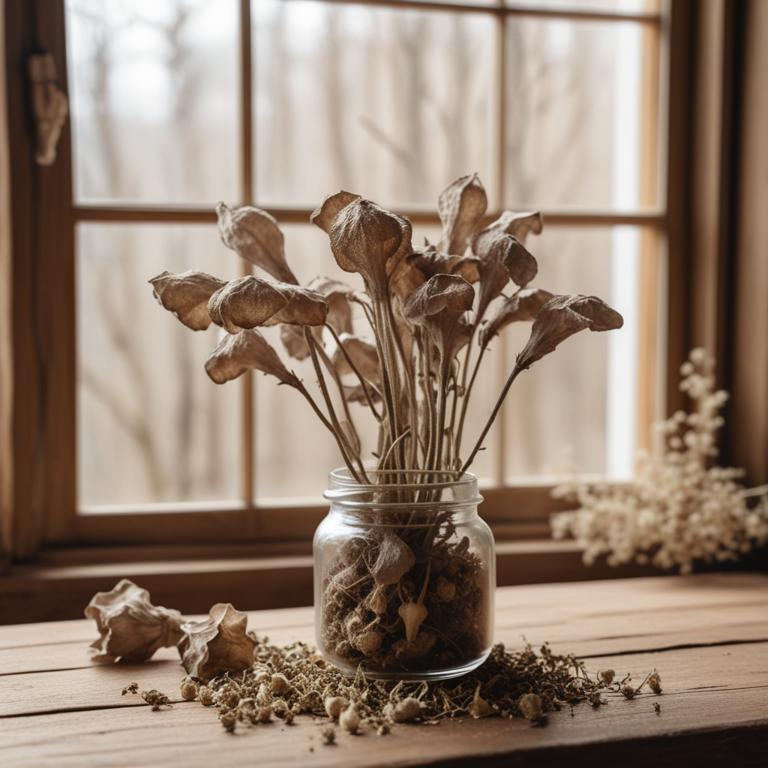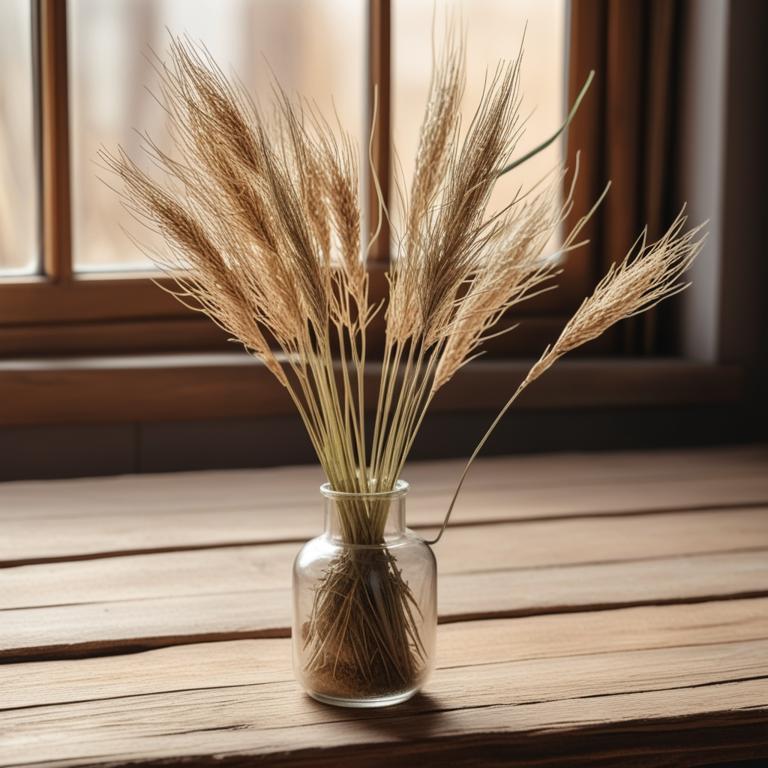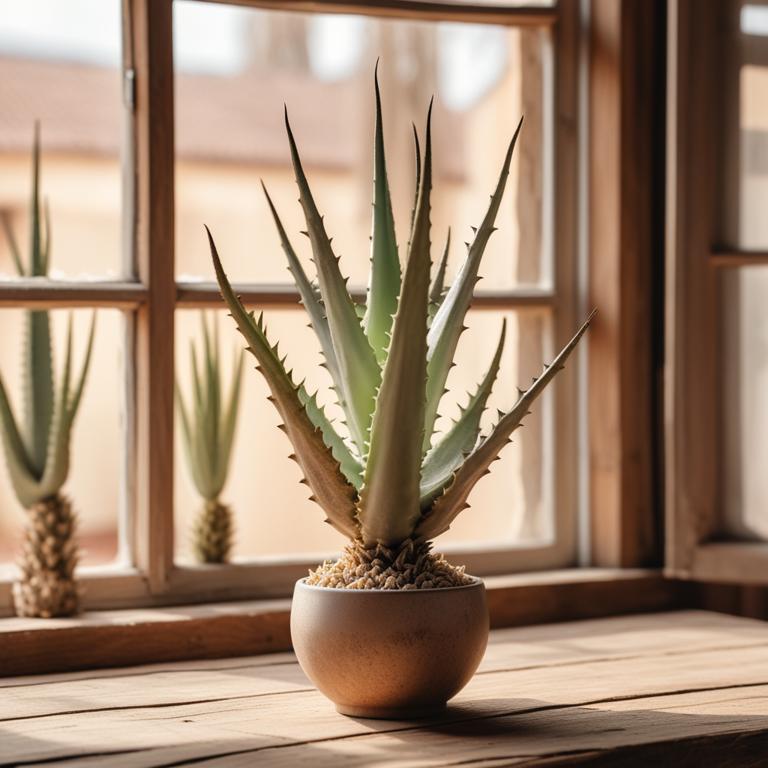Updated: Dec 1, 2024
Managing Body Odor with Medicinal Herbs and Herbal Remedies
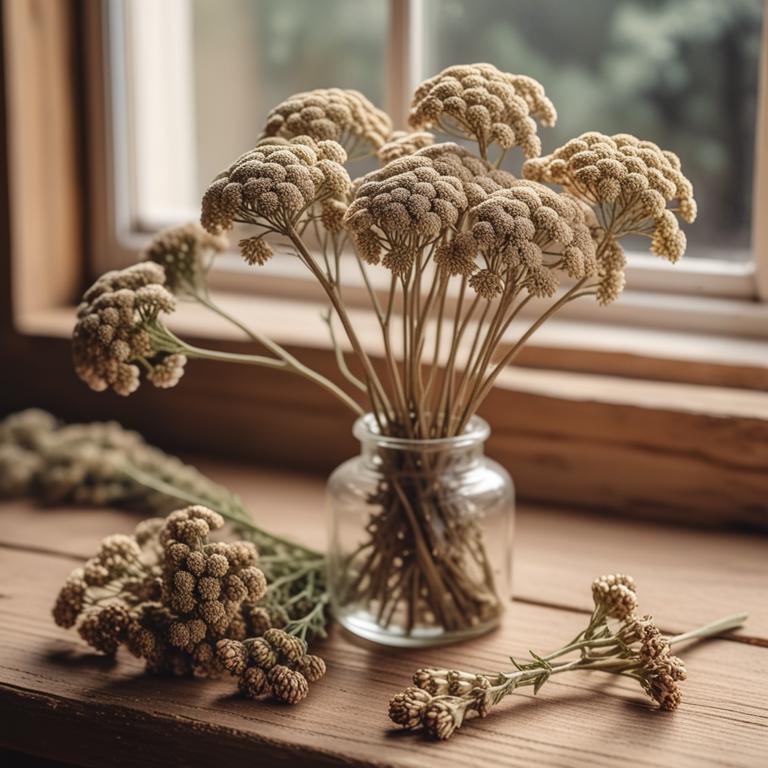
Body odor can be a frustrating and embarrassing issue for many people.
It's the strong smell that comes from the sweat on our skin, often caused by bacteria breaking down the sweat. This can affect not only our self-confidence but also our relationships and daily activities. The causes of body odor can be various, from poor hygiene to certain medical conditions, or even certain foods we eat. One of the main causes is the imbalance of bacteria on our skin. When bacteria feed on the sweat, they release strong-smelling compounds.
To address this issue, some people turn to herbal remedies. Certain herbs like neem, tea tree oil, and lemongrass have natural antibacterial properties that can help reduce the growth of bacteria on the skin. Herbal teas like peppermint and sage can also be beneficial in reducing sweat and body odor. These teas can help stimulate our sweat glands and improve blood circulation, which can help our skin to breathe better. Additionally, some herbal supplements like activated charcoal can help absorb moisture and odors from the skin.
By incorporating these herbal remedies into our daily routine, we can take a natural approach to managing body odor.
Table of Contents
- What factors contribute to the development of body odor?
- What benefits can be gained from using herbs for body odor?
- What medicinal herbs are effective in managing body odor?
- What are the most popular herbal remedies for body odor?
- Are there specific herbs that could make body odor worse in some cases?
- FAQ
What factors contribute to the development of body odor?
The main causes of body odor are primarily related to our body's natural processes and external factors.
One of the main contributors is the Apocrine Glands, which are found in our armpits and genital area. These glands produce a milky substance that is high in protein and fatty acids, making it a perfect food source for bacteria. When bacteria break down this substance, they release strong-smelling compounds that cause body odor. Another significant factor is Bacteria Growth, which is closely linked to Apocrine Glands. When bacteria feed on the sweat produced by these glands, they multiply rapidly, leading to an increase in body odor. This is why using antibacterial soaps or deodorants can help reduce body odor. Sweat Production is also a key contributor to body odor. When our body temperature rises, we sweat to cool down.
However, this sweat can contain compounds that, when broken down by bacteria, produce strong-smelling odors. Hot Weather can also exacerbate body odor, as our body temperature rises more easily in warmer temperatures, leading to increased sweat production. This can make us more prone to body odor. Hormonal Changes can also cause body odor. For example, during puberty, our body undergoes significant hormonal changes, leading to increased Apocrine Gland activity and sweat production. Similarly, hormonal fluctuations during menstruation or menopause can also cause changes in body odor. Lastly, Poor Hygiene is a significant contributor to body odor. When we don't clean ourselves regularly, bacteria can multiply, leading to an increase in body odor.
This is why practicing good hygiene, such as showering regularly and wearing clean clothes, can help reduce body odor.
What benefits can be gained from using herbs for body odor?
Using herbs for body odor can be really helpful.
One of the main benefits is that they are natural and gentle on your skin. Unlike some chemical-based products, herbs are less likely to cause irritation or allergic reactions. They also help to balance your body's natural pH levels, which can contribute to bad smells.
Herbs can also absorb moisture from your skin, reducing sweat and the bacteria that cause odor. This makes them a great alternative for people who are sensitive to harsh chemicals or have skin conditions like eczema. Additionally, many herbs have antibacterial properties, which help to kill the bacteria that cause body odor. By using herbs, you can feel fresh and clean without exposing your skin to harsh chemicals.
They can also be used in combination with other natural products, like essential oils, to create a powerful odor-fighting blend.
What medicinal herbs are effective in managing body odor?
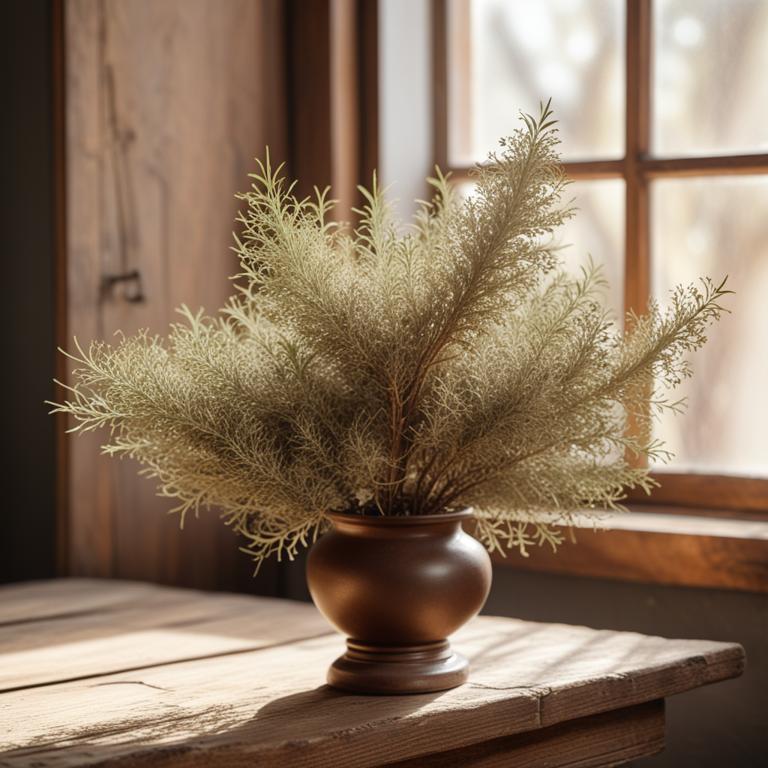
Herbs can be a great natural way to help with body odor.
One herb that's good for this is Melaleuca alternifolia, or tea tree oil. It has antifungal properties that help stop the growth of bacteria on our skin, which can cause body odor. This is because bacteria feed on sweat and multiply, leading to bad smells. Tea tree oil prevents this from happening, so we're left with a fresher scent. Another herb that's good for body odor is Rosmarinus officinalis, or rosemary. It has antibacterial properties that help kill bacteria on our skin. When bacteria are killed, they can't multiply and cause bad smells. Rosemary also helps to reduce sweat production, which can contribute to body odor. So, using rosemary can help us feel fresher and cleaner. Zingiber officinale, or ginger, is another herb that can help with body odor. It has anti-inflammatory properties that help reduce inflammation in our skin. When our skin is inflamed, it can become more prone to bacterial growth, leading to bad smells.
Ginger also helps to balance our body's natural pH, which can contribute to body odor. By balancing our pH, ginger can help us feel fresher and more confident. Cymbopogon citratus, or lemongrass, is another herb that's good for body odor. It has antifungal and antibacterial properties that help stop the growth of bacteria on our skin. When bacteria are stopped, they can't multiply and cause bad smells. Lemongrass also has a refreshing scent that can help leave our skin smelling fresh and clean. Eucalyptus globulus, or eucalyptus, is the final herb that's good for body odor. It has antibacterial properties that help kill bacteria on our skin. When bacteria are killed, they can't multiply and cause bad smells. Eucalyptus also helps to reduce sweat production, which can contribute to body odor. So, using eucalyptus can help us feel fresher and cleaner. These herbs can be used in various ways, such as applying them topically to our skin or using them in our bath water. They can also be added to our skincare products or used as a natural deodorant.
Whatever way we choose to use them, these herbs can help us feel fresher and more confident.
What are the most popular herbal remedies for body odor?
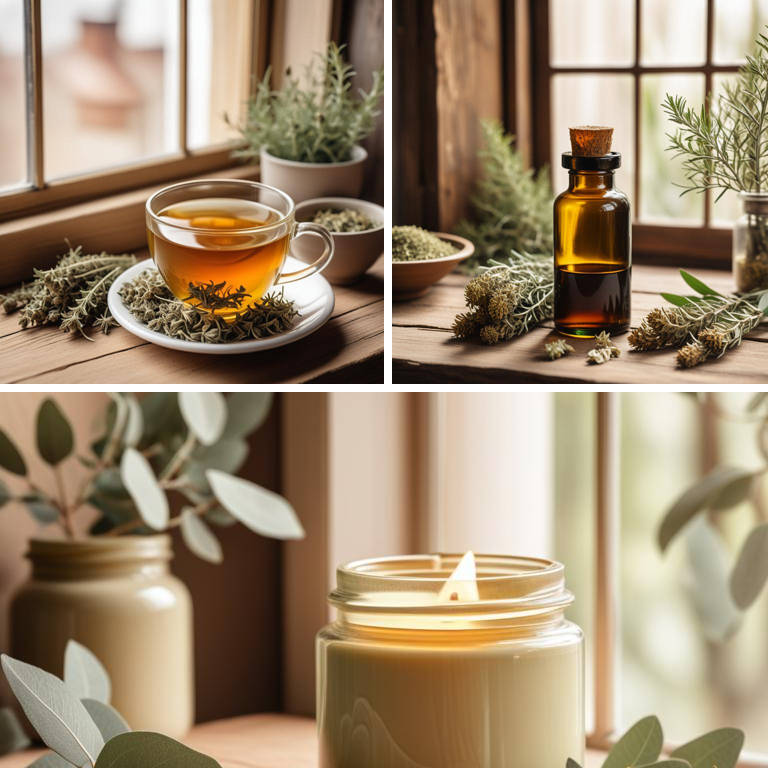
Herbal preparations can be great for body odor because they help control the bacteria on our skin that cause the smell.
Let's look at some examples: Decoction is a strong brew made with herbs like sage and rosemary, which have natural antimicrobial properties that fight off the bacteria causing odor. Drinking decoction tea can help reduce sweat and odor from within.
Infusion is another type of herbal tea, but it's made with delicate herbs like chamomile or lavender, which can calm the skin and reduce irritation that can lead to body odor. Tinctures are liquid extracts of herbs that can be added to creams or applied directly to the skin to help control bacteria. Herbal cream is a topical solution made with herbs like tea tree oil and aloe vera, which can soothe and calm the skin, reducing sweat and body odor.
These herbal preparations can be a natural and gentle way to manage body odor, without using harsh chemicals or artificial fragrances.
Additional Resources:
Are there specific herbs that could make body odor worse in some cases?
If you have body odor, it's best to avoid Artemisia absinthium, also known as wormwood, because it can cause sweating and make your body temperature rise.
This might seem counterintuitive, but if you're already dealing with body odor, you don't want to add to the problem. Foeniculum vulgare, or fennel, might be a problem because it can stimulate your digestive system and make you sweat more. If you have body odor, it's already a challenge to keep yourself smelling fresh, so using something that could make you sweat even more isn't a good idea. Thymus serpyllum, or wild thyme, is often used for its antiseptic properties, but it can also cause sweating and make your skin more sensitive.
If you have body odor, you don't want to add to the irritation. Sassafras albidum is another herb to avoid, as it can cause sweating and even allergic reactions in some people. If you're already dealing with body odor, the last thing you need is an allergic reaction that could make things worse. Myristica fragrans, or nutmeg, might seem like a harmless herb, but it can actually increase your sweating and body temperature.
If you have body odor, using something that could make you sweat more is not a good solution.
FAQ
Are there any specific herbs that can prevent body odor?
Some herbs are said to help prevent body odor.
Sage and chamomile have natural antibacterial properties that may reduce sweat's strong smell. Lavender oil can also help, as it's often used in personal care products to keep skin clean and fresh.
These herbs might be helpful in reducing body odor, but their effectiveness can vary from person to person.
Is it safe to use herbal remedies for body odor during pregnancy?
If you're trying herbal remedies for body odor during pregnancy, it's best to be cautious.
Some herbs can affect hormones or interact with other products you're using. Always check the ingredients and follow the instructions.
Tea tree oil and lavender oil are sometimes used for odor, but use small amounts and on clean skin only.
Are there any herbs that can reduce the frequency of body odor?
Some herbs like tea tree oil and lemongrass have been known to help reduce body odor.
They contain properties that can kill bacteria that cause sweat to smell bad.
When applied to the skin, they can help keep the area clean and fresh, which can lead to less body odor.
Can i combine different herbal remedies for body odor?
You can combine different herbal remedies for body odor, but be cautious.
Some herbs can interact or intensify their effects. For example, mixing tea tree oil with sage can be too strong. Start with small amounts and observe how your body reacts.
You can adjust the combination and amounts based on your individual needs and sensitivity.
Related Articles
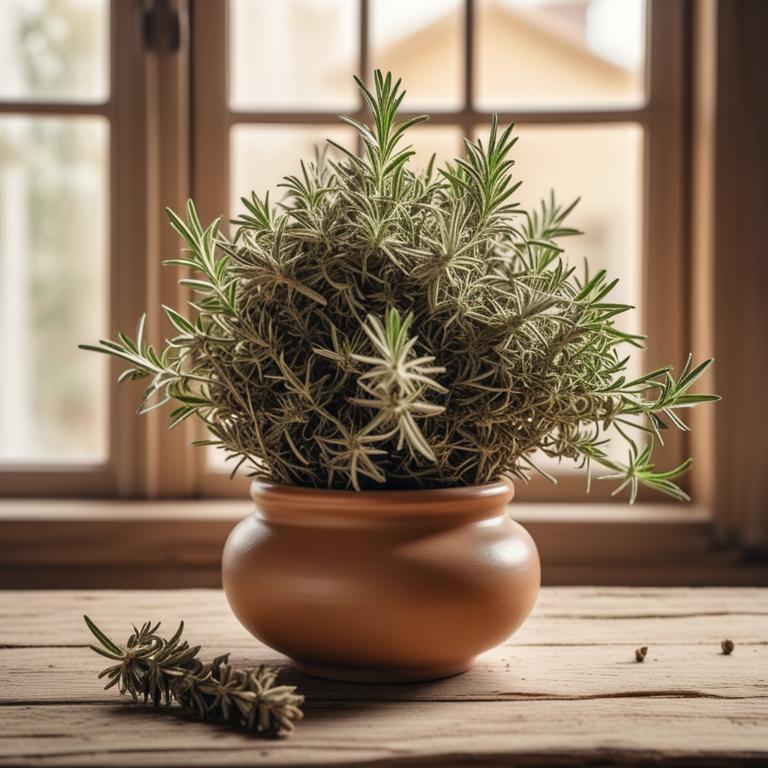
Understanding and Treating Oily Skin with Medicinal Herbs and Preparations

Causes, Herbal Solutions, and Preparations for Mouth Ulcers
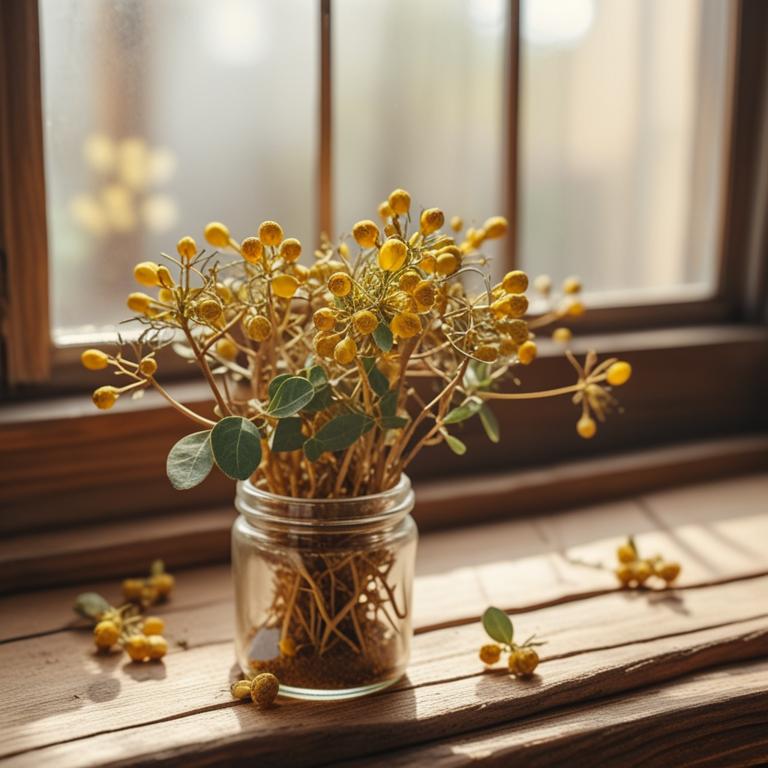
Natural Dermatitis Treatment: Causes and Medicinal Herbs
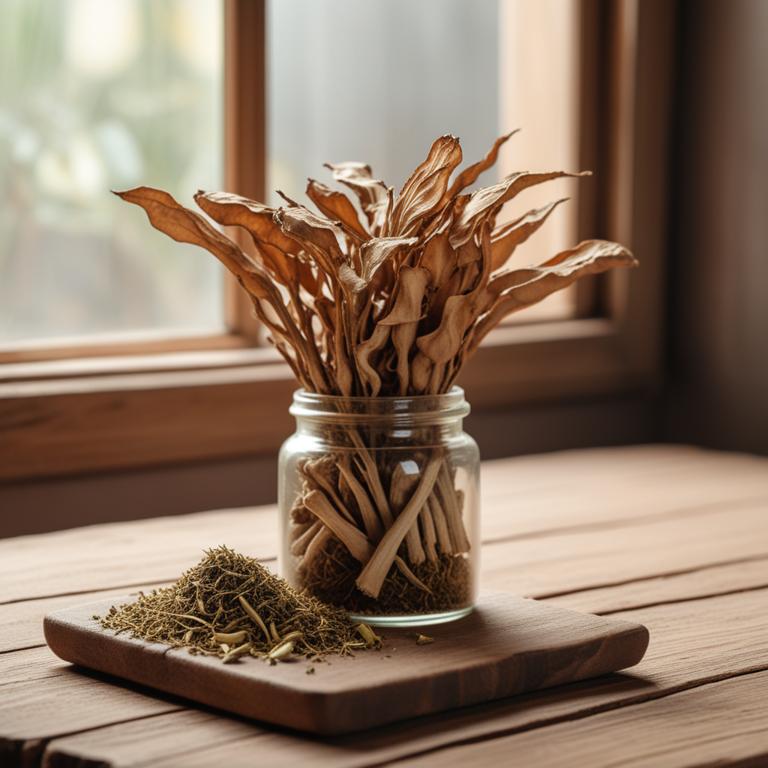
Swollen Gums Causes and Natural Herbal Preparations
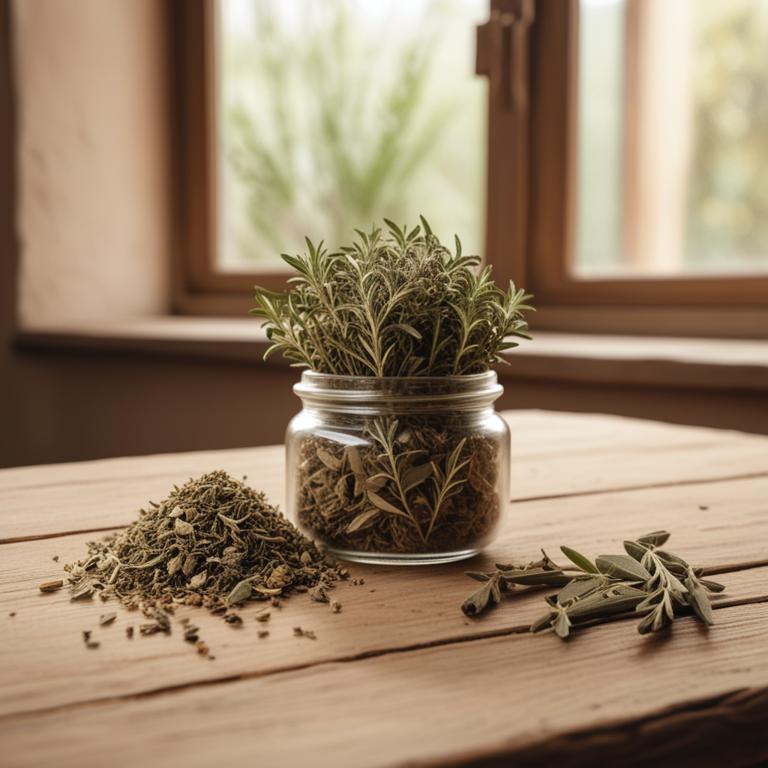
Grey Hair Causes, Treatment, and Medicinal Herbal Preparations
